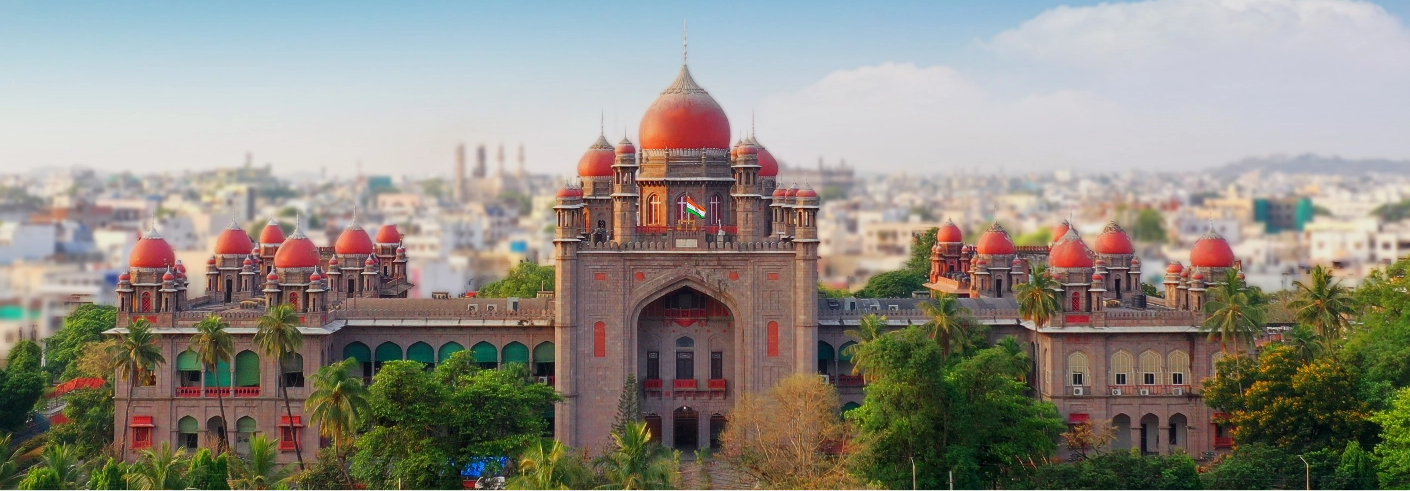CJI-Led Bench Warns Against Baseless Allegations, Stresses Judicial Respect and Immunity
The Supreme Court on Monday criticised the growing tendency to assume that High Courts cannot deliver justice in matters involving political figures. The remarks came while hearing a contempt case against litigant Peddi Raju and his legal team for allegedly making unfounded allegations against Telangana High Court judge, Justice Moushumi Bhattacharya.
Case Background: Petition to Transfer Revanth Reddy’s Case
The controversy arose from a petition seeking the transfer of a case in which Telangana Chief Minister A Revanth Reddy had received relief from the Telangana High Court. Justice Bhattacharya had quashed certain criminal charges against him under the Scheduled Castes and the Scheduled Tribes (Prevention of Atrocities) Act, 1989.
Raju’s petition alleged bias and requested that the matter be moved to another court. The Supreme Court viewed these claims as potentially scandalous and, earlier, issued notice to Raju and his lawyers asking why contempt proceedings should not be initiated.
Court Suggests Apology as Way Forward
A Bench comprising Chief Justice of India (CJI) BR Gavai, Justice Vinod Chandran, and Justice Atul S Chandurkar directed Raju and his legal team to apologise directly to Justice Bhattacharya. The Bench left it to Justice Bhattacharya to decide whether to accept the apology.
The CJI referred to a recent precedent where a three-judge Bench of the apex court chose forgiveness over punishment in a similar matter, accepting an advocate’s apology instead of imposing penalties.
Strong Words Against a Growing Trend
In its order, the Supreme Court noted that lawyers increasingly criticise High Court and trial court judges, particularly when political figures are involved.
“It has become a trend that when a matter involves a political figure, there is an assumption that there cannot be justice in the High Court,” the Bench observed.
The judges stressed that High Court judges are constitutional authorities and enjoy the same respect and immunity as their Supreme Court counterparts.
Judicial Independence and Protection
The CJI underlined that the Supreme Court does not exercise administrative control over High Courts or their judges.
“When such allegations are made against High Court judges, it is the duty of this Court to protect them,” the Bench stated.
The ruling sends a strong message that judicial independence must be preserved and that unsubstantiated accusations against judges threaten the integrity of the justice system.





